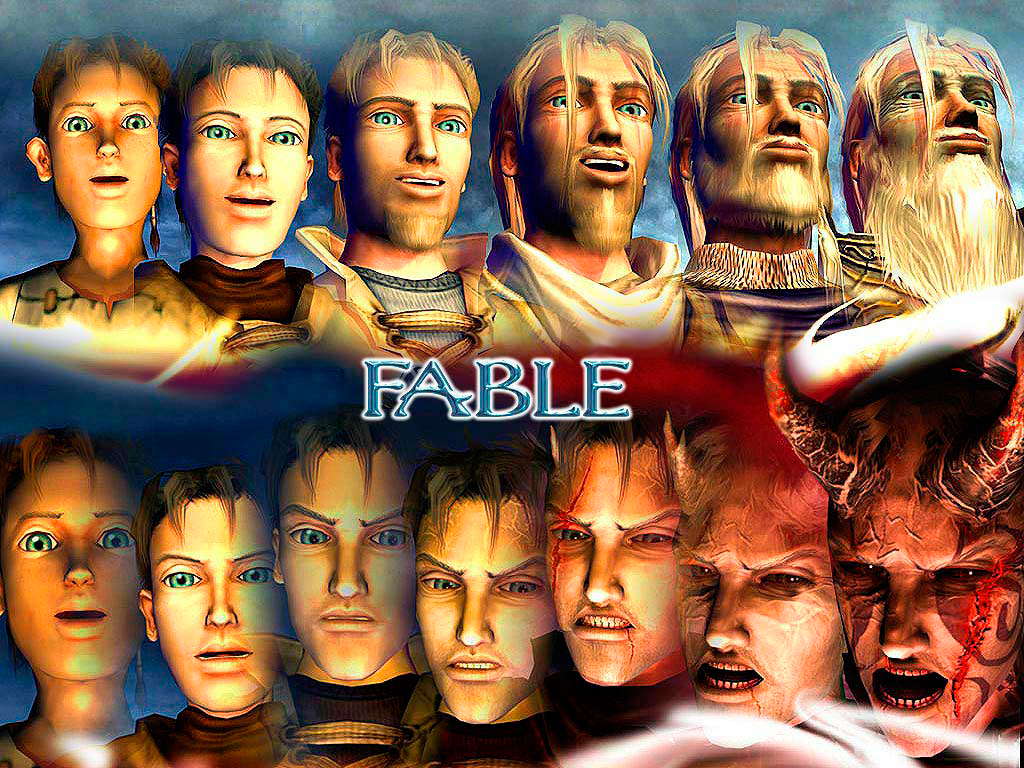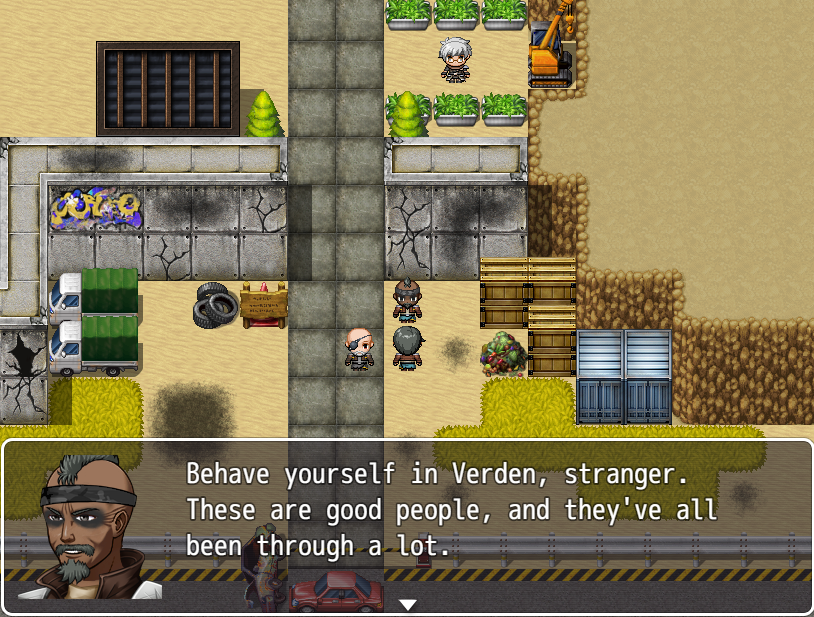Born in the early 90s, some of my earliest gaming experiences were had on my dad’s old PC. Back then, I had concluded that the monitor was in fact the computer, and that a computer was a machine you only played games on. It was on that big, sun faded box where I explored the point-and-click worlds created for children by Humongous Entertainment, quickly moving on to my first FPS titles such as Soldier of Fortune, Unreal Tournament, and one of my favourites, 1999’s South Park (where if you typed in CHEESYPOOFS you activated God Mode.)
Like many of my contemporaries, I would then grow up to play Pokémon, which I enjoyed on my purple Game Boy Colour, and Crash Bandicoot and Spyro on Sony’s PlayStation, all among a plethora of other titles. In fact, one of my fondest memories from my childhood was when dad brought home Pokémon Gold Version for me after work, despite mum’s orders to gift it to me on my birthday. I can still remember sitting on my parent’s bed, keenly examining the cardboard packaging. However, despite my affection for those titles from my youth, none would offer an experience as captivating as Lionhead Studio’s Fable, an open world fantasy RPG released in 2004 for Microsoft’s Xbox.
Headed by the progressive, (and eccentric) video game designer Peter Molyneux, Fable offered (relatively) complete player freedom, an experience that was new to me. Fable allowed the player to play the Hero their way. Not only were you allowed to choose what weapons you could master, most significantly, you were offered a range of choices that would both shape the plot, and the world. For example, if you’ve performed heroic deeds the citizens of Albion will celebrate and fall in love with you, if you’re known to murder innocents the people of Albion will flee from you, and if you’re known to pass gas and overeat the people of Albion will mock you. This communication which existed between the player and the world truly allowed for an immersive experience which many modern games still fail to replicate.

‘… we speak of reconfiguration when a player in this process of exploration is invited to give form to these worlds in an active way… “building the virtual world by selecting objects and actions from a fixed set of system-internal possibilities.”‘ – Joost Raessens, Computer Games as Participatory Media Culture, quoting Marie Ryan.
Thus, inspired by the work of Peter Molyneux, and inspired by the many games I’ve enjoyed and loved over the years, I’ve elected to create an RPG using the fabulous RPG Maker MV Toolkit. I’ll further detail my game in a future post and potential series of videos, however what I can say so far is that the game will be a post apocalyptic fantasy RPG set on Earth. The game will resemble a final fantasy title, however it will also involve some form of system where, similar to Fable, your actions and choices will shape the game world. Development has commenced, and here’s a sneak peak:

Anthony.
References
Raessens, J. (2005). Computer games as participatory media culture. In J. Raessens & J. Goldstein (Eds.), Handbook of computer game studies (pp. 373-388). Cambridge, MA: MIT
Ryan, M.-L. (2001). Beyond myth and metaphor: The case of narrative in digital media. Game studies. The international Journal of Computer Game Research, 1, 1. http://www.gamestudies.org/0101/ryan/





Nice article! Its interesting to see your transition through types of games as time goes on, starting from such basic point and click games on a computer to gameboy to Xbox. Having a very similar gaming experience to you, I can relate to this a lot, specifically your fascination with Fables gaming mechanics. I am particularly interested in free world sort of games where the player has quite a bit of responsibility in deciding how the store goes and who your character becomes.
I think it’d be very interesting to have a small RPG game with that similar game style. Because it is just a basic RPG game, I suggest making it a bit more difficult then just having a few options to choose, one with a different outcome. Unlike a free roam world, your game will be limited to where you can go and what you can actually interact with. Try your hardest in making it just as engaging as something as Fable, without confusing the player or losing their interest.
I’m excited to see where your game goes.
LikeLike
Well written post mate!
Your game design project is rather similar to my own, it seems like we’re both exploring post-apocalyptic worlds set in a 2D RPG yet from two starkly different cultural backgrounds. With yours rooted in Eastern RPG designs like Final Fantasy and mine from western games like Fallout. It’ll be interesting to see how this cultural touchstones and tropes shape each others projects to different ways.
I’m a big fan of karma systems in games, it really helps to bind the player to the world their in and the characters they interact with. To further this connection the adoption of a nuisance and tiered morality/karma system that has a greater spectrum then just good or evil, is terribly more compelling on a narrative level (sorry to diss fable). I’d advise you check out the ultima series which is seminal to the development of contemporary RPG’s and the mechanics of the genre.
http://www.giantbomb.com/ultima-iv-quest-of-the-avatar/3030-14381/
Keen to see how this project progresses!
LikeLike
I actually have never fully played a Final Fantasy title funnily enough, only I mentioned it since the combat will be similar. I might’ve mentioned Dragon Quest instead since I’m more familiar with that series!
Oh and I love Fallout, there is deff a big Fallout infulence on my world.
And yes I’m planning to take it beyond Good and Evil, I mentioned Fable since it was the first game I had played where it felt like your actions had a significant impact on the world in regards to past games. Still, not many games have really mastered truly including a complex morality system that really feels like it shapes the game world to my knowledge.
I suppose Mass Effect does a good job in that regard even though the biggest moral decisions impact only your relationships with your companions really.
And thank you, I will check out Ultima 🙂
LikeLiked by 1 person